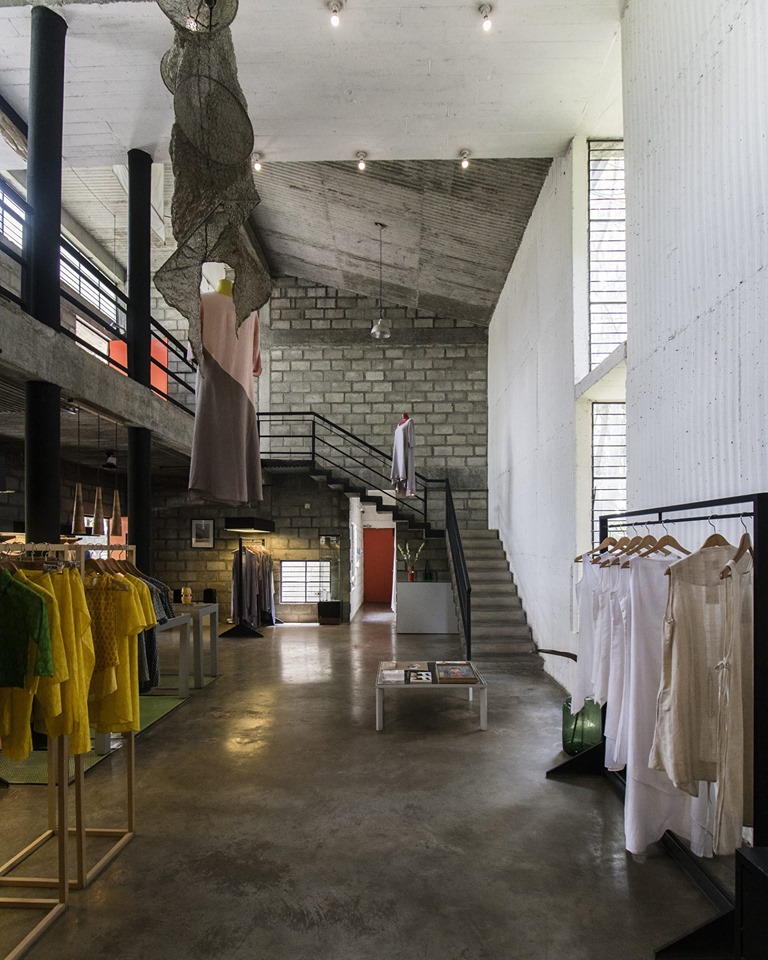
With reports showcasing that the burning of natural gas has contributed to the 27% of Berkeley’s total greenhouse gas emissions in 2016, the city in a major move has become the first one in the nation to ban the installation of natural gas lines in new homes. The ordinance requires all new single-family homes, town homes and small apartment buildings to install electric infrastructure to replace natural gas. The move has been taken in accordance with the Climate Action Plan adopted by the city to reduce 80% of the emissions caused by greenhouses gas by the year 2050.




